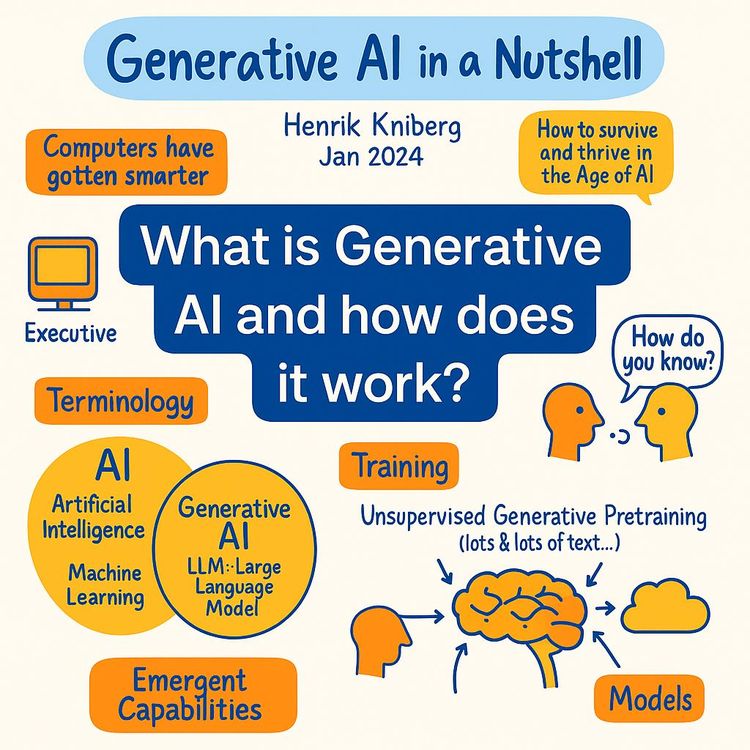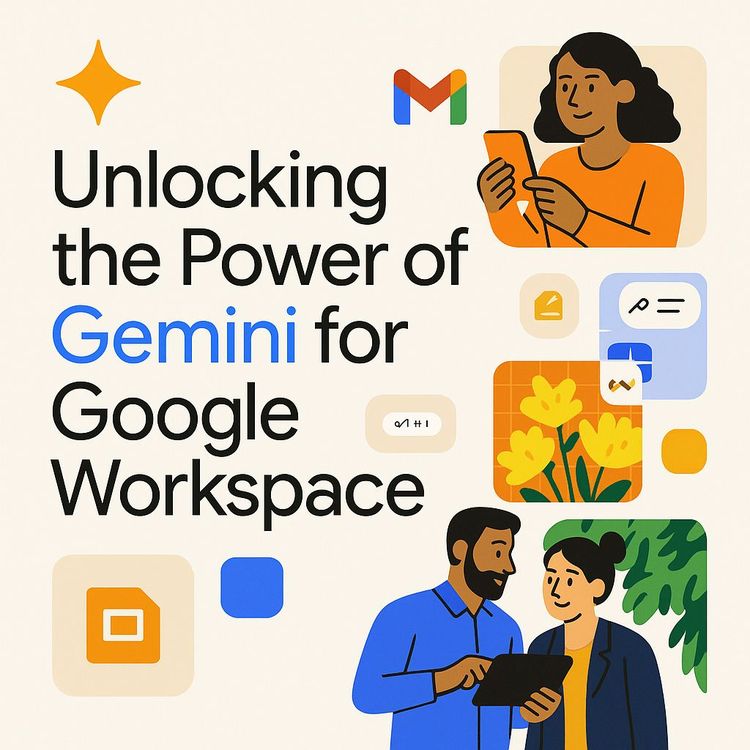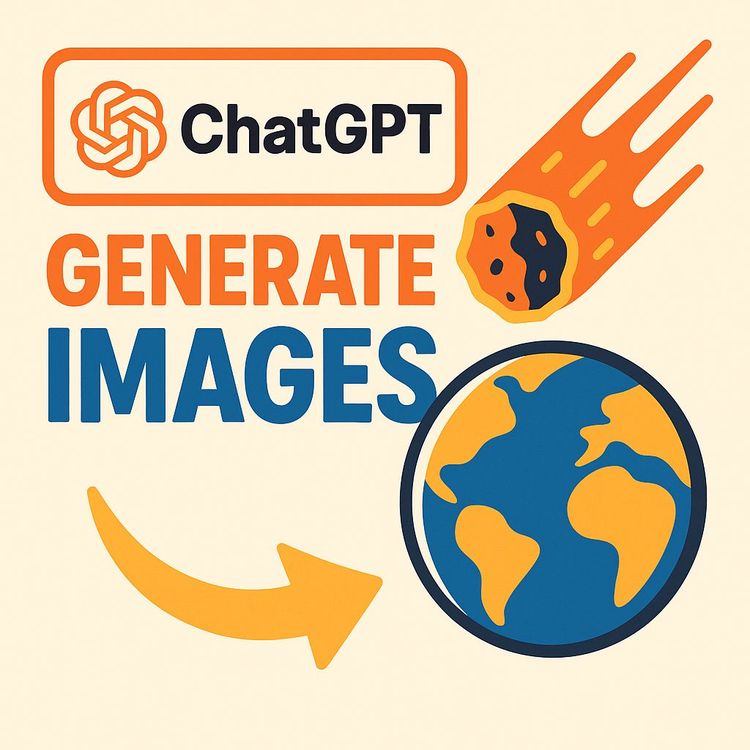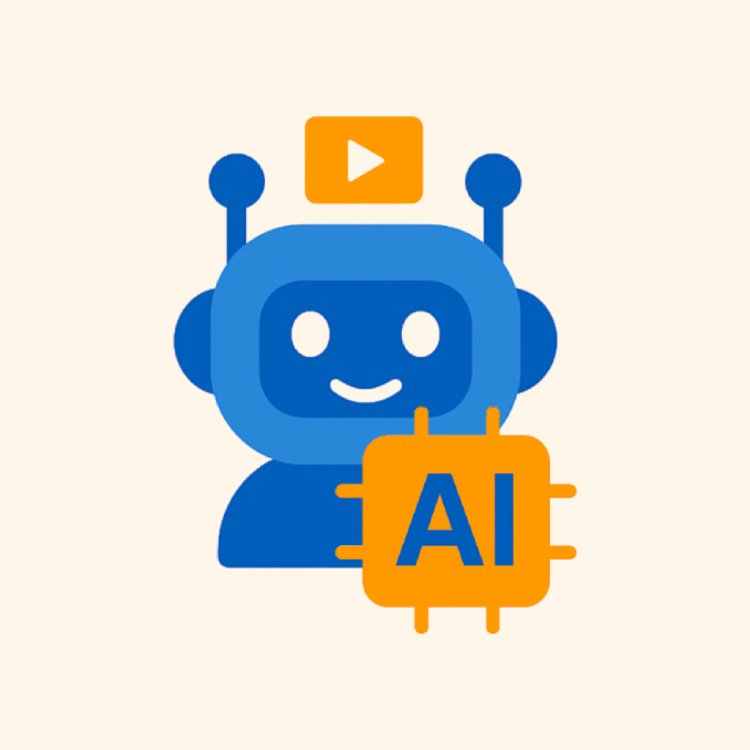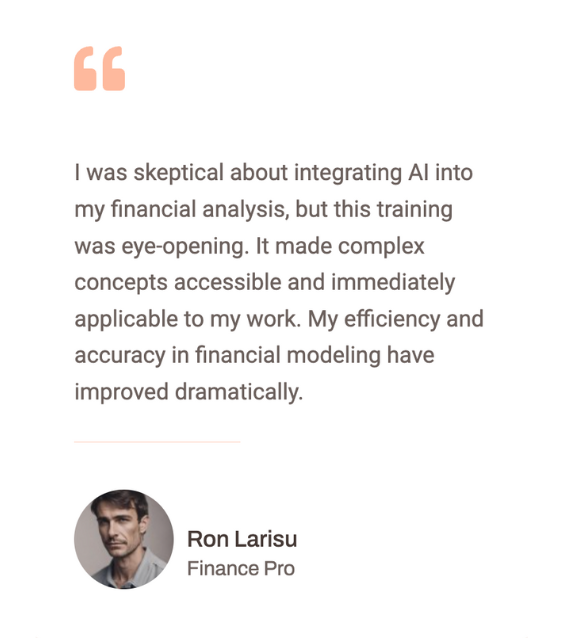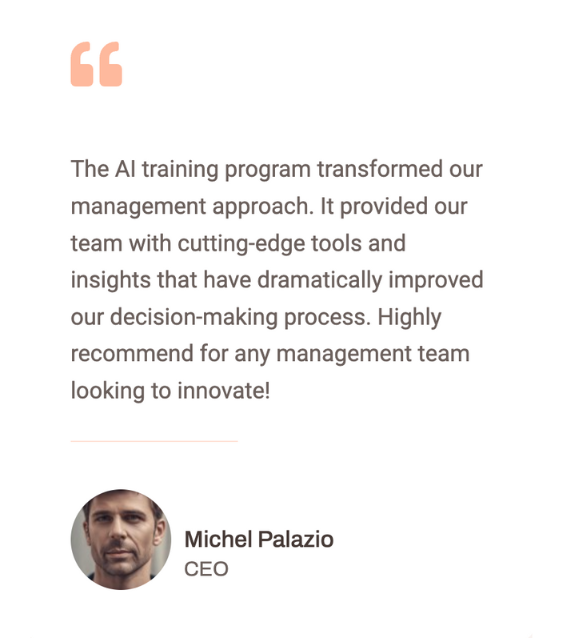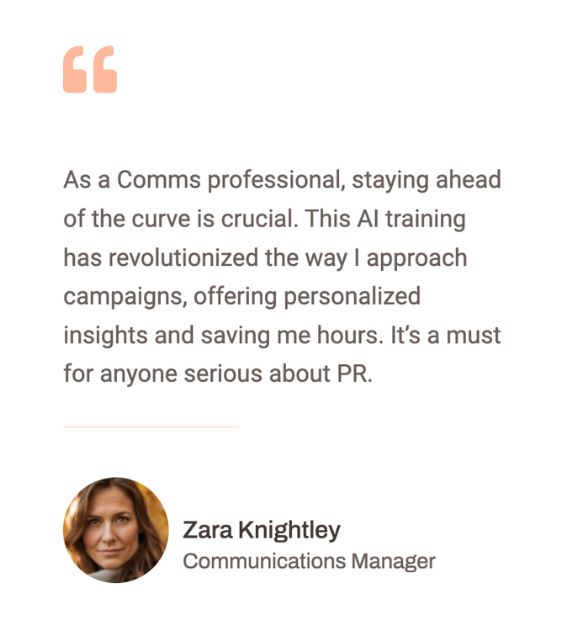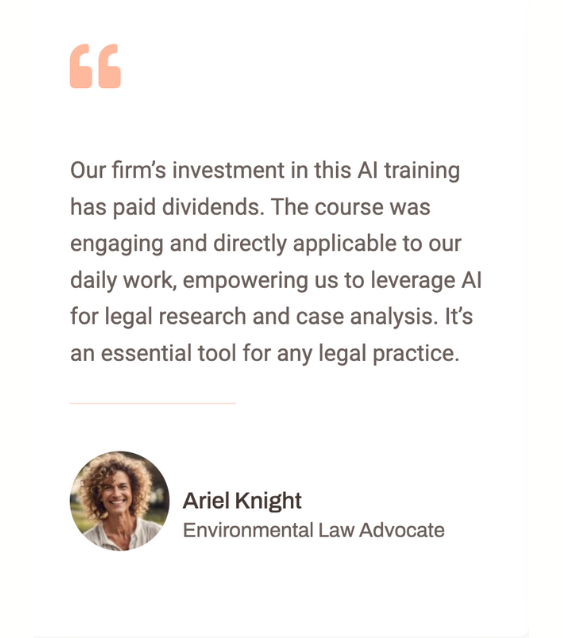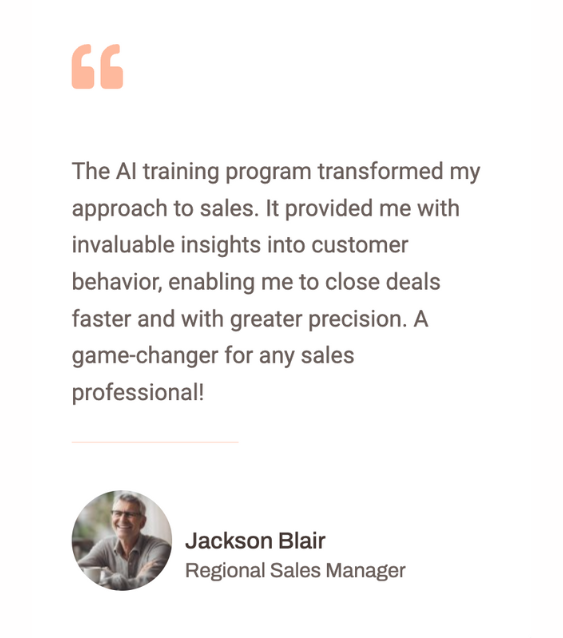Video Course: Copilot Agents Explained
Discover the power of Microsoft Copilot Agents to boost business efficiency. Learn to automate repetitive tasks, freeing up employees for strategic roles. Create tailored AI agents that transform workflows and drive innovation.
Related Certification: Certification: Copilot Agents Proficiency for Efficient AI Integration
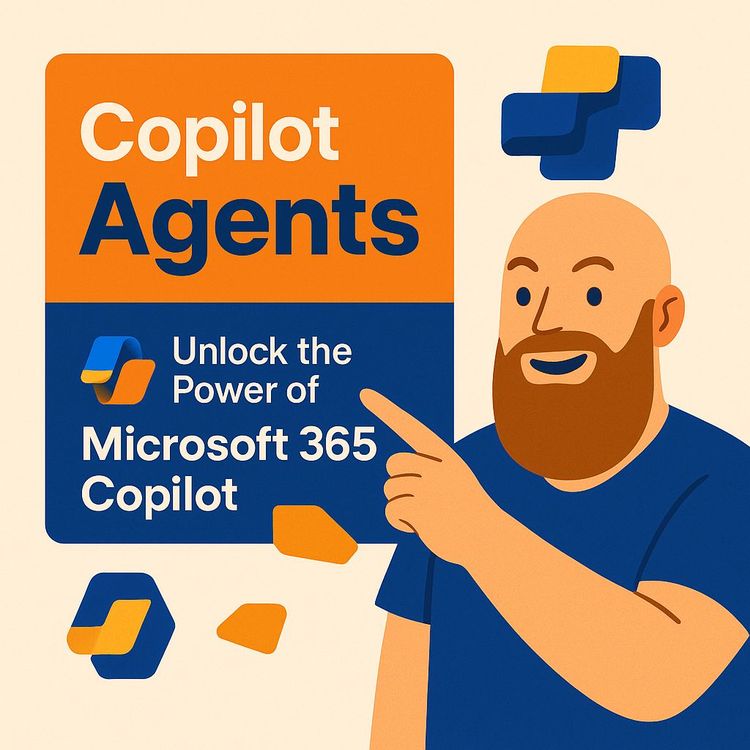
Also includes Access to All:
What You Will Learn
- Explain Copilot Agents and their business value
- Create and configure a basic Copilot Agent
- Ground agents using web, SharePoint, and uploaded files
- Compare pricing, licensing, and pay-as-you-go options
- Apply security, permissions, and testing best practices
Study Guide
Introduction
Welcome to the comprehensive course on Video Course: Copilot Agents Explained. In this course, we explore the transformative potential of Microsoft Copilot Agents in enhancing business efficiency. By automating routine tasks and providing quick access to information, these AI-powered tools empower employees to focus on higher-level responsibilities. This course is designed to provide you with a deep understanding of Copilot Agents, including their creation, implementation, and the benefits they bring to modern businesses.
Understanding AI for Business Efficiency
AI for Business Efficiency is the primary theme of this course. Microsoft Copilot Agents are positioned as key tools in this realm, enabling businesses to "do more with less." By automating repetitive tasks, they free up valuable employee time, allowing for a focus on strategic initiatives. Imagine an HR officer, Percy, who spends a significant portion of his day answering routine queries. With a Copilot Agent like "Harry HR," Percy can reclaim 20-30% of his time, which can be redirected towards more impactful tasks.
Practical Application:
Consider how a sales department might use a Copilot Agent to automate the generation of sales reports. By pulling data from various sources like CRM systems and Excel sheets, the agent can compile reports that would otherwise take hours to create manually.
Tip:
Start by identifying tasks within your organization that are repetitive and time-consuming. These are prime candidates for automation through Copilot Agents.
The Concept of Copilot Agents
Copilot Agents are specific, purpose-built AI entities designed to handle particular tasks or answer specific types of questions. They are not just general AI tools; they are tailored to meet the needs of your business. For example, "Harry HR" is an agent trained on company policies and procedures, enabling it to answer common HR queries effectively.
Example:
A customer service department might deploy an agent to handle frequently asked questions, allowing human agents to focus on complex customer issues.
Best Practice:
Clearly define the scope and objectives of each Copilot Agent to ensure they meet specific business needs.
Pricing and Access
Understanding the pricing and access options for Microsoft 365 Copilot is crucial for leveraging its full potential. There are several models available:
- Microsoft 365 Copilot Chat (Free): This allows for the creation and use of agents grounded in web data.
- Microsoft 365 Copilot ($30 per user per month): This includes the ability to create and use agents grounded in work data, such as Outlook, Teams, OneDrive, and SharePoint.
- Pay-as-you-go (via Microsoft Copilot Studio): This flexible option allows free Copilot Chat users to access agents grounded in work data at a cost of £0.01 per message.
Example:
A small business might start with the free version and pay per message as they explore the capabilities of Copilot Agents.
Tip:
Evaluate your organization's usage patterns to determine the most cost-effective pricing model.
Ease of Agent Creation (for Basic Agents)
Microsoft has made it user-friendly for non-technical individuals to create basic Copilot Agents through a simplified interface within the Microsoft 365 environment. This accessibility means that anyone in your organization can become a creator of AI tools.
Example:
An administrative assistant could create an agent to manage meeting room bookings, streamlining the process for the entire office.
Best Practice:
Encourage team members from different departments to experiment with creating agents, fostering innovation and collaboration.
Demonstration of Creating a Basic HR Agent
Creating a basic HR Copilot Agent like "Harry HR" is straightforward with the Co-pilot Studio interface. Here are the key steps:
- Access Copilot through the Microsoft 365 portal.
- Navigate to the "Agents" section and choose "Create an agent."
- Use the simplified Co-pilot Studio interface with "Describe" and "Configure" options.
- Configure agent details, including name, description, and instructions/tone.
- Define the knowledge source, such as a SharePoint folder containing HR policies.
- Add starter prompts to guide users.
- Test the agent's responses based on the provided knowledge.
- Create and share the agent.
Example:
A finance department could create an agent to answer questions about expense policies, using a SharePoint folder as the knowledge base.
Tip:
Regularly update the knowledge sources to ensure the agent provides accurate and current information.
Knowledge Grounding
The concept of "grounding" refers to where the Copilot Agent gets its information. Agents can be grounded in:
- Web data (available in both free and paid versions).
- Work data (Microsoft 365 data, included in paid or available as pay-as-you-go for free version).
- Uploaded files (Word documents, PowerPoint presentations).
- SharePoint URLs.
Example:
A marketing team might use a Copilot Agent grounded in a SharePoint site containing brand guidelines to ensure consistent messaging across all channels.
Best Practice:
Choose the most relevant and comprehensive data sources to improve the accuracy and usefulness of your agents.
Pre-built Agents
Users can access and add pre-built agents created by Microsoft and third-party companies through the "Get agents" option. This feature allows you to quickly deploy agents with specific functionalities.
Example:
Dropbox has created an agent that could be integrated into your workflow for seamless file management.
Tip:
Explore the available pre-built agents to see if any align with your business needs before creating custom agents from scratch.
Further Exploration with Full Co-pilot Studio
For those interested in more advanced functionalities, the full version of Co-pilot Studio (accessible via copilotstudio.microsoft.com) offers greater capabilities. This platform is ideal for creating complex agents that require more intricate configurations.
Example:
A legal department could develop an advanced agent to assist with contract analysis, integrating multiple data sources for comprehensive insights.
Best Practice:
Consider training key personnel on the full version to maximize the potential of your Copilot Agents.
Security Considerations
When using work data as a knowledge source (e.g., SharePoint), it's crucial to ensure that users interacting with the agent have the necessary permissions to access that data for the agent to function consistently.
Example:
If "Harry HR" is linked to a SharePoint site containing HR policies, only users with permission to view those policies will receive accurate responses.
Tip:
Regularly review and update permissions to maintain data security and agent functionality.
Licensing Requirements for Agent Usage
Users without a full Microsoft 365 Copilot license may require pay-as-you-go billing to be set up in the tenant to use shared Copilot Agents that access work data.
Example:
A startup might opt for the pay-as-you-go model initially, then transition to a full license as their needs grow.
Best Practice:
Assess your organization's growth trajectory to determine when a full license might become more cost-effective.
Conclusion
By completing this course, you now have a comprehensive understanding of Microsoft Copilot Agents and their potential to revolutionize business efficiency. From creating basic agents to exploring advanced functionalities, you are equipped to implement these tools thoughtfully within your organization. Remember, the successful deployment of Copilot Agents hinges on clear objectives, appropriate data grounding, and ongoing updates. Embrace these AI-powered tools to free up valuable time and drive strategic business growth.
Podcast
There'll soon be a podcast available for this course.
Frequently Asked Questions
Welcome to the FAQ section for the 'Video Course: Copilot Agents Explained.' This guide is designed to answer all your questions about Microsoft Co-pilot Agents, from basic concepts to advanced applications. Whether you're just starting or looking to deepen your understanding, this FAQ aims to provide clear, practical insights to help you effectively integrate Co-pilot Agents into your business operations.
What are Microsoft Co-pilot Agents and what is their primary purpose?
Microsoft Co-pilot Agents are AI-powered tools designed to enhance business efficiency by automating tasks and providing quick access to information. Their primary purpose is to allow employees to "do more with less" by handling routine queries and processes, freeing up human workers for higher-level responsibilities. For example, instead of an HR officer constantly answering basic policy questions, a Co-pilot Agent like "Harry HR" can handle these queries, giving the HR officer more time for strategic tasks like recruitment and senior management meetings.
How can Co-pilot Agents help my business become more efficient?
Co-pilot Agents can significantly improve efficiency by automating a portion of everyday tasks across different roles and departments. By providing AI that can answer common questions, guide users through processes, and potentially automate workflows, businesses can reclaim a substantial amount of employee time – potentially 20-40% of their current workload. This recovered time can then be redirected towards innovation, strategic projects, and other activities that contribute more directly to business growth and development.
What are the different pricing options for using Co-pilot Agents?
There are a few pricing options available. Microsoft 365 Co-pilot chat includes the ability to create agents (both free and paid plans). Both plans allow agents grounded in web data. However, using agents grounded in your Microsoft 365 work data (like SharePoint and Teams) is included in the full Microsoft 365 Co-pilot license, which costs $30 per user per month. If you are using the free version of Co-pilot chat and want your agents to access your work data, you can use Co-pilot Studio on a pay-as-you-go basis, which currently costs a penny per message (where a message is a round trip of a query and an answer). There is also a fixed $200 per month option that includes 25,000 messages.
Can anyone in my organisation create a Co-pilot Agent, or does it require technical expertise?
Microsoft has designed Co-pilot Studio, the platform for creating agents, to be user-friendly, allowing individuals without coding or IT backgrounds to build basic agents. The process involves describing the agent's purpose, configuring its settings, and linking it to knowledge sources. While a more advanced full version of Co-pilot Studio exists for more complex agents, the basic version is intended for end-users to quickly create helpful internal agents.
Where do Co-pilot Agents get their information from (their "knowledge base")?
Co-pilot Agents can be grounded in various data sources. Both free and paid versions can access information from the public internet. Crucially for business use, the paid version (and the pay-as-you-go option in the free version) allows agents to be grounded in your organisation's Microsoft 365 data, such as files in SharePoint, emails in Outlook, and content in Teams. This enables agents to provide relevant and specific answers based on your internal policies, procedures, and knowledge.
Can you provide an example of how a Co-pilot Agent might be used in a business setting?
A practical example is the creation of "Harry HR," an HR Co-pilot Agent. This agent can be given access to the company's HR policies and procedures stored in SharePoint. Employees can then ask Harry HR questions about topics like vacation booking, parental leave, sick pay, and expense reimbursement directly within Microsoft Teams. This reduces the number of routine inquiries directed to the human HR officer, freeing up their time for more complex and strategic HR activities.
Are there pre-built Co-pilot Agents available, or do we have to create them from scratch?
Yes, there is an option to "get agents," which provides a list of pre-built agents created by Microsoft and third-party companies (such as Dropbox). These off-the-shelf agents have specific functionalities, and if they meet your needs, you can easily add them to your Co-pilot environment. However, you also have the flexibility to create your own custom agents tailored to your organisation's specific requirements using Co-pilot Studio.
What are some important considerations regarding security and access when deploying Co-pilot Agents that access our internal data?
When using Co-pilot Agents that access internal data sources like SharePoint, it's crucial to ensure that users interacting with the agent have the necessary permissions to access the underlying data. For example, if Harry HR is linked to a SharePoint site containing HR policies, only users who already have permission to view those policies will be able to receive information from the agent based on that content. It's important to manage permissions appropriately to maintain data security and ensure the agent functions consistently for all users.
What is the primary goal of Microsoft 365 Copilot and other AI products in a business context?
The primary goal of Microsoft 365 Copilot and similar AI products is to enhance business efficiency by enabling organisations to achieve more with fewer resources. This is accomplished by automating routine tasks, providing quick access to information, and freeing up human employees to focus on strategic and creative work that drives business growth.
What is "grounding" in the context of Copilot agents?
"Grounding" refers to the source of information that a Copilot agent uses to answer questions. The two main types of data that can be used to ground an agent are public web data and an organisation's internal "work data" from their Microsoft 365 environment. The choice of grounding affects the relevance and specificity of the agent's responses.
How does grounding differ between the free and paid versions of Microsoft 365 Copilot Chat?
Both free and paid versions of Copilot Chat allow agents grounded in web data. However, the paid version includes the ability to use agents grounded in work data, providing deeper integration with your organisation's internal resources. The free version offers this capability as a metered, pay-as-you-go feature, allowing flexibility based on usage needs.
What are the main pricing options for accessing Copilot agents grounded in work data if you are using the free version of Microsoft 365 Copilot chat?
The two main pay-as-you-go options for accessing Copilot agents grounded in work data with the free version of Copilot Chat include a fixed monthly fee (e.g., $200 for 25,000 messages) or a per-message charge (e.g., $0.01 per message) through Microsoft Copilot Studio. These options provide flexibility for businesses to manage costs based on their specific needs and usage patterns.
What is Copilot Studio, and who is it for?
Copilot Studio is the Microsoft platform for building and managing Copilot agents. It offers a basic version intended for end-users to quickly create agents without needing technical expertise, as well as a more advanced version for developing complex agents. This makes it accessible to a wide range of users, from non-technical staff to IT professionals.
What are "starter prompts" in the context of Copilot agents, and what purpose do they serve for end-users?
Starter prompts are pre-defined example questions displayed to users when they interact with a Copilot agent. They provide guidance on how to use the agent effectively and help users understand the types of queries the agent can handle. This feature enhances user engagement and improves the overall experience by setting clear expectations.
How are Copilot agents tested for functionality after creation?
After creating a Copilot agent, it is important to test its functionality by asking it questions related to its intended use, both those covered in the starter prompts and new questions. This testing process ensures that the agent can retrieve and summarise information accurately from its knowledge base, providing reliable and useful responses to users.
What are the key steps involved in creating a basic Copilot agent?
Creating a basic Copilot agent involves several key steps: defining the agent's purpose, configuring its settings, linking it to relevant knowledge sources, and setting up starter prompts. Critical decisions include choosing the data sources for grounding and determining the agent's scope of functionality. These steps ensure the agent is tailored to meet specific business needs.
What are the benefits and challenges of adopting Copilot agents within a business?
Adopting Copilot agents can offer numerous benefits, including improved efficiency, reduced workload for employees, and enhanced access to information. However, challenges may include ensuring data security, managing permissions, and integrating agents into existing workflows. Addressing these challenges requires careful planning and ongoing management to maximise the benefits.
How can Copilot agents be integrated into existing systems and workflows?
Integrating Copilot agents into existing systems involves linking them to relevant data sources, ensuring compatibility with current software, and training employees to use the agents effectively. This process may require collaboration between IT and business units to align the agents with organisational goals and ensure seamless integration into daily operations.
What are common misconceptions about Copilot agents?
Common misconceptions about Copilot agents include the belief that they require extensive technical expertise to implement, that they can replace human workers entirely, and that they pose significant security risks. In reality, Copilot agents are designed to complement human efforts, enhance productivity, and are equipped with security measures to protect sensitive data.
What potential licensing issues might arise when sharing a newly created Copilot agent with other users in an organisation?
A potential licensing issue is that users without a full Microsoft 365 Copilot license might receive a message stating that a license is required to use the shared agent, especially if pay-as-you-go billing for free agents is not set up within the tenant. It's important to ensure proper licensing to avoid disruptions in agent access and functionality.
How do Copilot agents handle sensitive information and ensure data privacy?
Copilot agents handle sensitive information by adhering to strict security protocols, including data encryption, access controls, and compliance with privacy regulations. Organisations can configure agents to limit access to sensitive data based on user roles and permissions, ensuring that only authorised personnel can retrieve specific information.
What are the implications of using public web data versus internal work data for grounding Copilot agents?
Using public web data for grounding provides broad, general information that can be useful for common queries but may lack specificity. In contrast, internal work data offers tailored, relevant content specific to the organisation's needs, enhancing the agent's ability to provide precise and actionable responses. The choice depends on the agent's intended use and the level of detail required.
How can businesses measure the success of Copilot agents?
Businesses can measure the success of Copilot agents by evaluating key performance indicators such as time saved, user satisfaction, and the reduction in routine queries handled by human employees. Regular feedback from users and ongoing performance assessments can help identify areas for improvement and ensure the agents continue to meet business objectives.
Certification
About the Certification
Show you know how to use AI with a certification designed for real-world Copilot Agents proficiency. Gain practical skills in efficient AI integration and demonstrate expertise that stands out in today's evolving professional landscape.
Official Certification
Upon successful completion of the "Certification: Copilot Agents Proficiency for Efficient AI Integration", you will receive a verifiable digital certificate. This certificate demonstrates your expertise in the subject matter covered in this course.
Benefits of Certification
- Enhance your professional credibility and stand out in the job market.
- Validate your skills and knowledge in cutting-edge AI technologies.
- Unlock new career opportunities in the rapidly growing AI field.
- Share your achievement on your resume, LinkedIn, and other professional platforms.
How to complete your certification successfully?
To earn your certification, you’ll need to complete all video lessons, study the guide carefully, and review the FAQ. After that, you’ll be prepared to pass the certification requirements.
Join 20,000+ Professionals, Using AI to transform their Careers
Join professionals who didn’t just adapt, they thrived. You can too, with AI training designed for your job.

